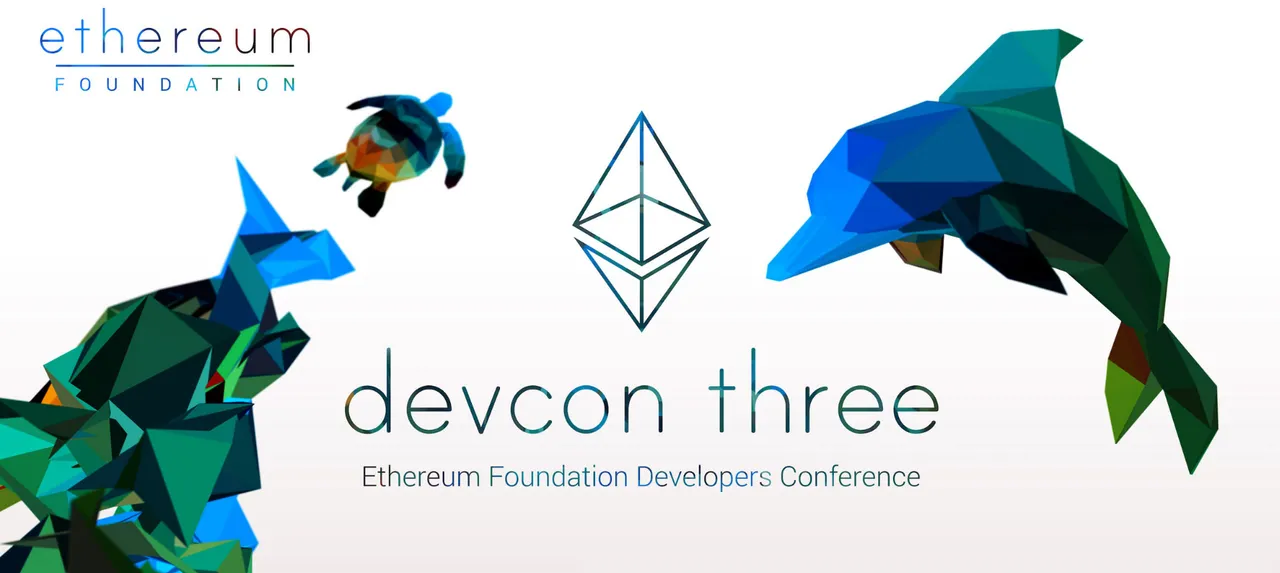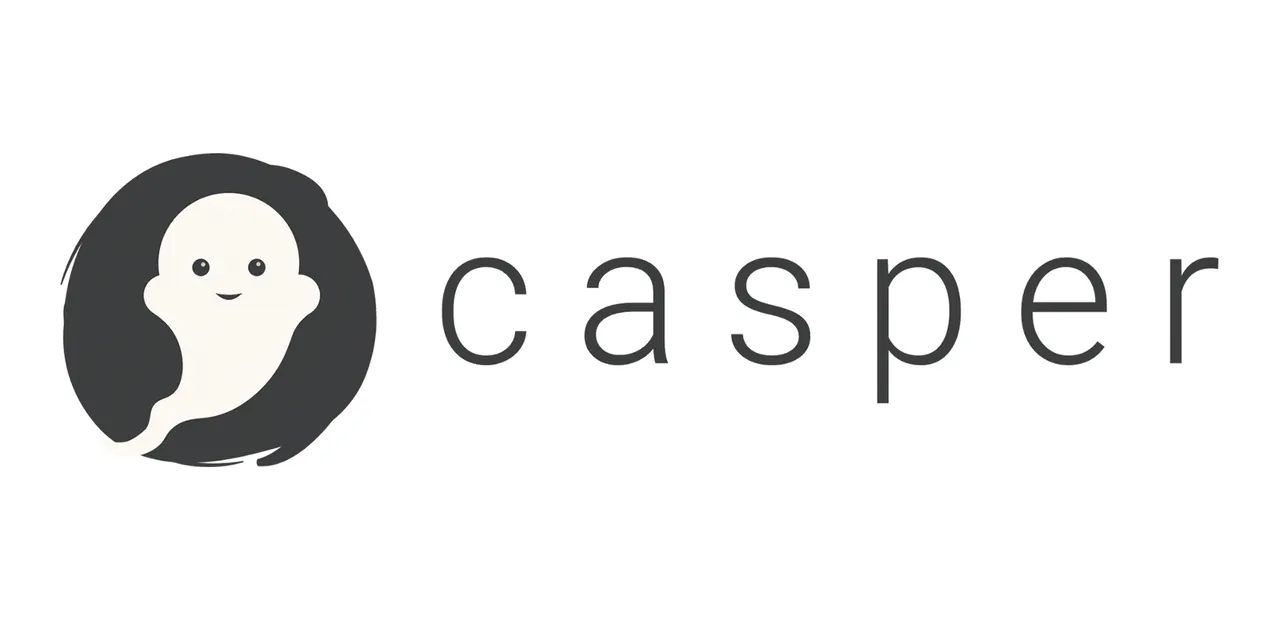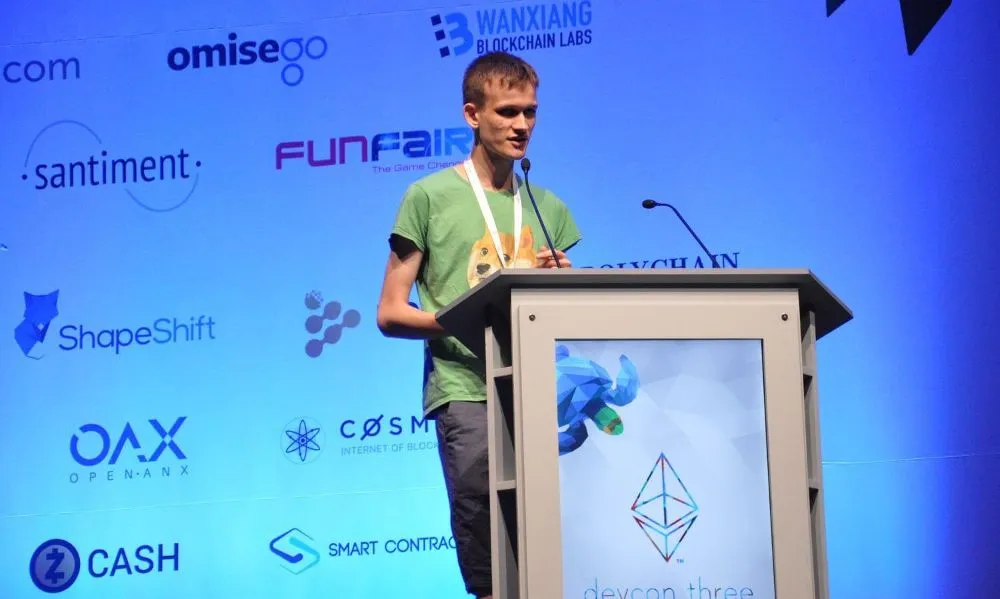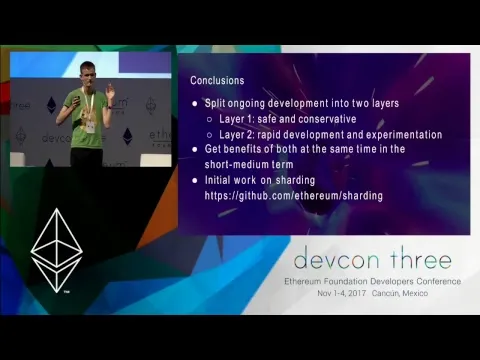Creating the Future of Business
Insight one of the most significant FinTech conferences these times.

Nov 1st, 2017- Cancun, Mexico
Ξthereum Devcon3 Summary
Day 1
Including Casper for Proof of Stake, Plasma & Sharding for scalability, zkSNARKs for privacy.
(and much more...)
Ethereum Team Introduction
Regulatory Update and Look Ahead
Vitalik Buterin — Ethereum in 25 Minutes
A reminder about the basic principles of the Ethereum network.
Martin Becze — Deterministic Parallel Message Processing
A discussion on approaches to parallel processing for Ethereum transactions.
Zsolt Felföldi — Practical applications of off-chain computation in the Light Client
Robert Habermeier — Presenting Parity: a Light client for a Heavy Chain
Robert discussed 3 different types of Ethereum clients:
Full Node — downloads all block headers and bodies, runs through consensus algorithms, verifies all transactions
Light Client — Just verifies block headers, but no transactions
Thin Client — Verifies block headers, but does not validate state transitions.
Yoichi Hirai — Verifying Casper
Entertaining talk from Yoichi on the voting mechanisms proposed for Casper, the Proof of Stake proposal for Ethereum.
Lefteris Karapetsas — Sikorka — Proof of Presence for Blockchain applications
Interesting talk from Lefteris on Sikorka — a framework for “Proof of Presence” in Ethereum.
Proof of Presence in this case means proving an entity was at a specific location in space at a specific point in time. Applications for this could include proving you were in a store at a given time to receive loyalty points for example.
Alex Beregszaszi — Julia — IR for Ethereum Contracts
Alex laid out a case that testing & auditing Solidity is expensive and error prone, and presented the Julia language as a solution for this. Julia is a simpler language designed to increase confidence in code testing and auditability.
Piper Merriam — Package Management for Smart Contracts
Piper discussed package management for Smart Contracts — something very much needed in the space
Karl Floersch — Programming Incentives: an Intro to Cryptoeconomics
Great Talk on the methods and importance of iterative incentive design & test, to produce good outcomes.
The voting mechanisms within Ethereum’s Casper are a great first example of this kind of balanced incentives structure.
Vlad Zamfir— Casper the Friendly GHOST

A correct-by-construction blockchain
Discussion on the design implications of Casper.
Jason Teutsch — Introducing the TrueBit Virtual Machine
TrueBit virtual machine — a scalability solution for compute in the Ethereum network.
Jason put forth the idea that incentives for miners need to balance both correctness and participation where in some cases miners can be incentivized to accept incorrect blocks — the so-called “Verifier’s Dilemma”
Joseph Poon — Plasma — Overview and Transaction Data Availability
The idea for Plasma is essentially an N-level hierarchy of blockchains. One main parent blockchain (the Ethereum Mainnet), and any number of child chains branching off from it, with recursive child branching as needed. Each Plasma chain/branch can define its own consensus algorithm.
Jacob Eberhardt— ZoKrates — a Toolbox for zkSNARKs on Ethereum
Jacob discusses zkSNARKs and off-chain processing. zkSNARKs = Zero Knowledge Succinct Non-Interactive ARguments of Knowledge.
Benefits of off-chain processing and zkSNARKs are scalability and privacy.
Vitalik Buterin — Ethereum 2.0 roadmap

Vitalik gave a very excited presentation showing what he sees being in store for the next 2–4 years for Ethereum. He laid out a case for the long term scalability solution for Ethereum being sharding (“Quadratic Sharding”) — where there are N Ethereum shards, each essentially having its own chain. Transactions can be executed between shards, and Ether and other digital assets can be transfered between shards.
Vitalik also discussed the “Trilemma” of blockchain systems
in that it’s generally considered true that blockchain systems can only achieved 2 of the following 3 properties:
Security
Scalability
Decentralization
Jump to Summary
Day 1 | Day 2 | Day 3 | Day 4

Scalability
Decentralization

